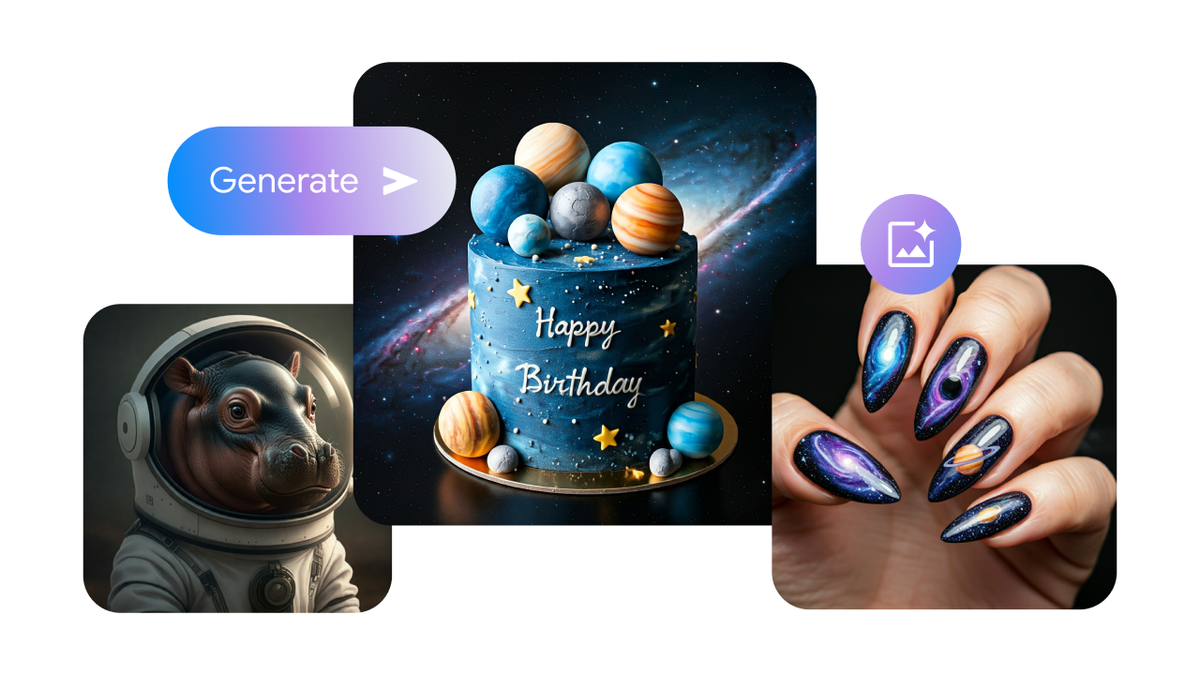In This Story
Google (GOOGL-1.90%) launched its artificial intelligence-powered Gemini chatbot as an iPhone app this week, offering the service for free in 35 languages worldwide.
Through the app, users can access Gemini Live — a new voice assistant that handles natural conversations with interruptions and topic changes. The feature offers ten distinct voice options and supports 12 languages, including Spanish, Arabic, and Hindi, with more planned.
Google’s premium image generator, Imagen 3, comes integrated with the app. A new Extensions feature connects Gemini with other Google services like YouTube and Gmail in single conversations.
The launch intensifies competition in mobile AI as Google and Microsoft (MSFT+0.09%) vie for smartphone dominance. While Microsoft’s Copilot aims to be an “AI companion for everyone,” according to CEO of Microsoft AI, Mustafa Suleyman, Google’s Gemini takes a similar approach by integrating voice interaction and image generation capabilities. Both companies are moving aggressively to capture market share before Apple releases its own AI features.
Beyond basic chatbot capabilities, companies are racing to develop more sophisticated AI tools. OpenAI, whose technology powers many of Microsoft’s AI features, plans to launch an autonomous agent called “Operator” that could handle tasks like coding and travel booking, Bloomberg reported. These developments signal how AI assistants like Gemini may evolve from simple chat interfaces to more comprehensive digital helpers.
Microsoft also plans to update Copilot, announcing in October that users could build autonomous agents in Copilot Studio later this year. The autonomous agents can “understand the nature of your work and act on your behalf,” Microsoft said.
Meanwhile, Google is reportedly bringing its AI rivalry with OpenAI to the next level with “reasoning” models. Teams at Google have made progress in recent months on software for AI models that resemble humanlike reasoning abilities, Bloomberg reported in October, citing unnamed people familiar with the matter. Google has long focused on “reasoning” capabilities in large language models (LLMs), including in its work on chain-of-thought prompting.

